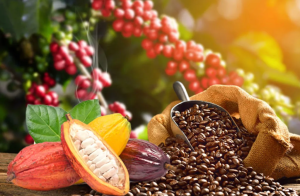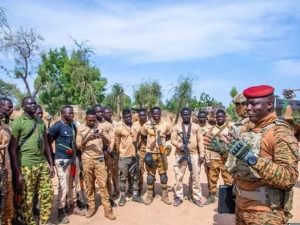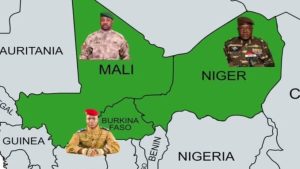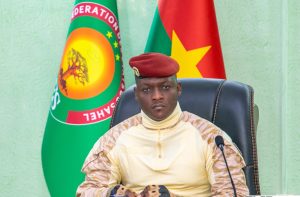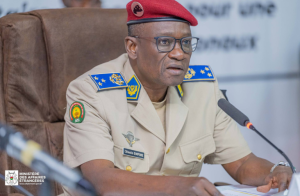Burkina Faso: 2,000 young people trained to boost food self-sufficiency through the presidential agricultural initiative
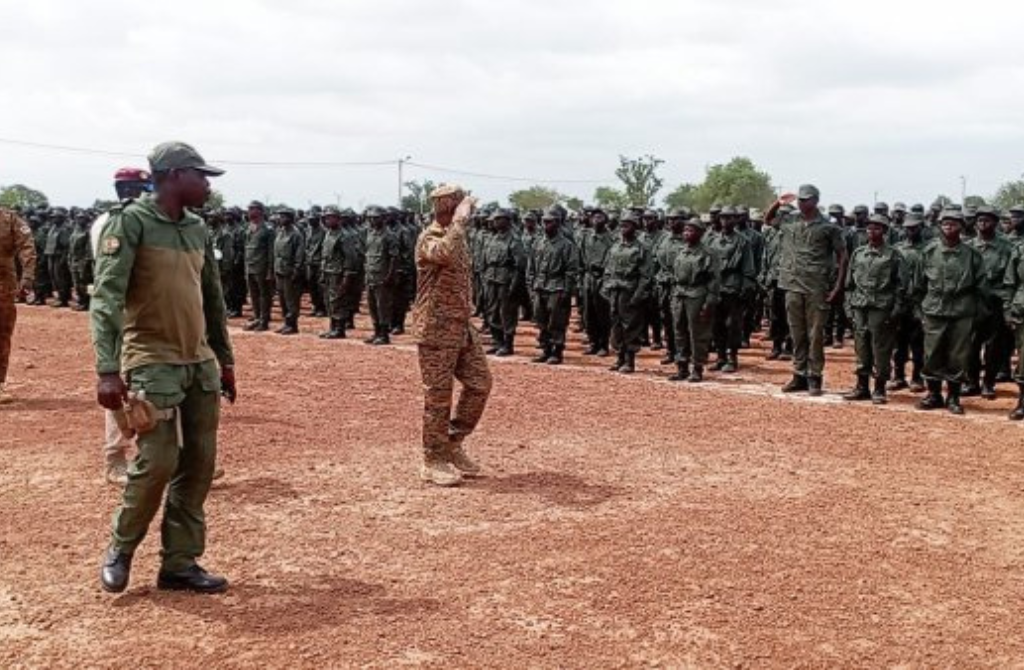
Burkina Faso has taken a decisive step toward achieving food self-sufficiency with the graduation of 2,000 young agricultural volunteers from the Volunteers for the Defense of the Homeland program.
These youths, aged 18 to 40 and drawn from 80 municipalities across the country, completed an intensive three-week training program at both public and private agricultural centers under the Presidential Initiative for Agricultural Production and Food Self-Sufficiency.
This ambitious program, spearheaded by Captain Ibrahim Traoré’s administration, represents a strategic shift in Burkina Faso’s approach to national development.
Each graduate will receive half a hectare of prepared land, with each participating municipality allocating a total of 12.5 hectares for this initiative.
The government is providing comprehensive support including access to boreholes, quality seeds, and fertilizers to ensure the program’s success.
The initiative goes beyond simple agricultural training by establishing local cooperatives that will enable participants to combine resources and knowledge.
This cooperative model is designed to create sustainable agricultural enterprises that will continue to benefit communities long into the future.
At the graduation ceremony held at the National Training Center in Badnoogo, Saaba commune, government officials emphasized the program’s dual purpose.
Not only does it aim to achieve food sovereignty and reduce import dependence, but it also serves as a strategy to engage youth in productive activities, offering an alternative to unemployment and potential recruitment by extremist groups.
President Traoré’s vision positions food security as equally critical to national defense as military security.
The program is set to expand significantly, with plans to train 8,000 youth and prepare 4,000 hectares of land by 2025.
This expansion reflects Burkina Faso’s commitment to fundamentally transforming its agricultural sector and achieving genuine economic independence.
Olivier TOE


